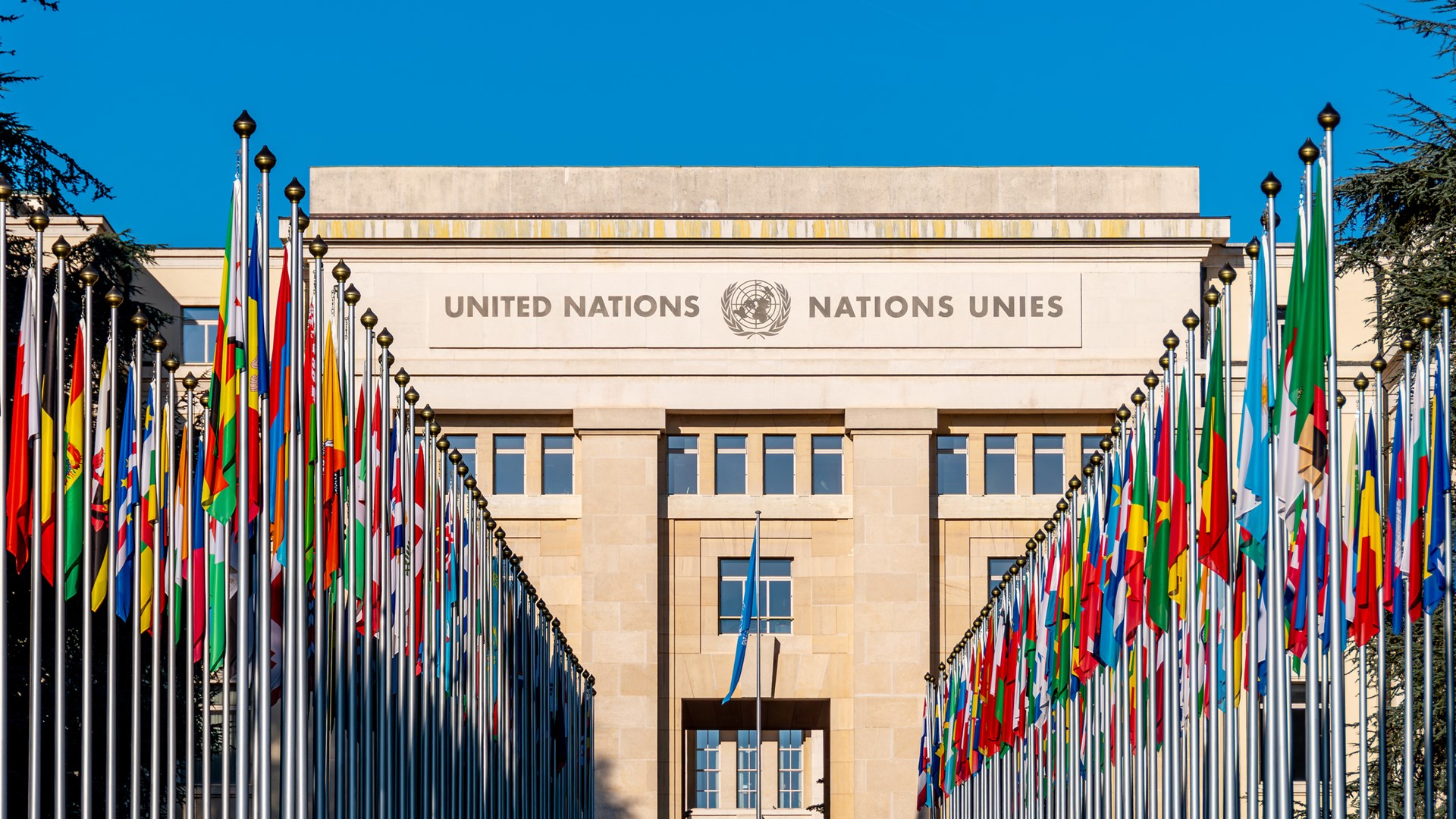Big polluters miss UN climate deadlines
10 February 2025

10 February 2025

Article written by Tim Mooney
The EU, China, India, Australia, and South Africa are among the big polluters who missed the UN’s climate deadlines, set under a process outlined by the Paris Agreement almost a decade ago.
Under 2015’s Paris Agreement, the 200 countries that signed committed to submitting country-specific headline figures for cutting greenhouse gas emissions, known as nationally determined contributions (NDCs). They must regularly report on this progress and revisit their targets every five years to strengthen them.
Fresh figures were meant to be submitted to the UN today, 10 February, marking a 5-year checkpoint, but many countries already far off track for their 2030 commitments have missed this deadline. In total, just 10 of the 195 parties to the Paris Agreement met the UN’s deadline. In the G7, just the UK and US came forward with their new climate plans, but the US submitted its NDC before the inauguration of Trump, who has already withdrawn from the Paris Agreement.
The remaining nations to submit their NDCs before the deadline were Brazil, the UAE, New Zealand, Switzerland, Uruguay, Andorra, Ecuador, and Saint Lucia.
A vast amount has knocked global affairs since the Paris Agreement was initiated, namely the Ukraine and Gaza conflicts, and the COVID-19 pandemic. This has shifted the focus of many countries away from climate change and towards energy security, defence, and global supply chain management.
What’s more, the UN’s deadlines don’t necessarily account for changing regulations. For example, many EU member nations blame the EU’s lengthy legislation approval process for missing deadlines. Bloc nations will need to align their legislation with broader regulations impacting partner nations, taking away some autonomy to submit their NDCs entirely independently.
Finally, a number of developing nations have seen their commitments wean following disappointment at COP29’s climate finance agreement, in which criticisms were made that developed nations were not contributing their fair share.
Put simply, yes.
The Paris Agreement is the biggest, most proliferated climate commitment that exists in the world. A willingness to step away from this agreement and ignore its obligations by the majority of signatories is a clear indicator that climate change and preservation of the natural environment are not of interest.
It also raises the question of legal obligations and commitments. COP29’s heated debates highlighted the tensions among nations when it comes to accountability and reparation. If heavy polluters aren’t actually punished for their excessive, climate damaging practices, and face no immediate consequences for shirking on global climate agreements, then there is nothing driving forward climate progress other than the hope that global government’s want to honour their commitments.
As Trump steps away from the Paris Agreement, removing one of the world’s most powerful countries from climate policy commitments, there is growing concern that more nations will follow suite and abandon their pledges. The staggering number of countries who have missed the UN’s deadline may just be the beginning.
Green Intelligence - straight to your inbox
Share